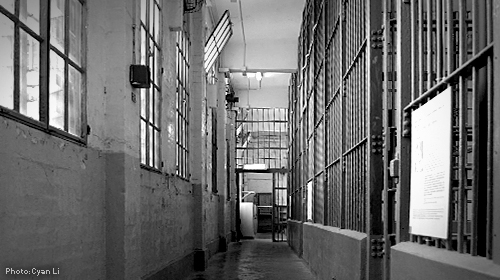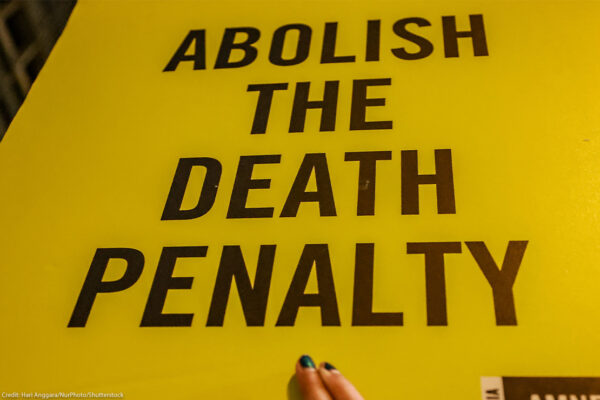Executing Human Dignity: US Death Penalty System to Undergo International Scrutiny


The Death Penalty Information Center (DPIC) recently released its 2012 Year End Report, which contained some important news: the number of death sentences in the U.S. remained very close to its 2011 historic low. The 78 death sentences handed down in 2012 represented a 75 percent decline since 1996. In addition, several states that have historically been high users of the death penalty had no new death sentences or executions, including North Carolina, South Carolina, and Virginia.
This analysis comes in the wake of several promising developments in the U.S. death penalty system. Over the past few years, Supreme Court rulings have banned the use of the death penalty for people with intellectual disabilities, children, and almost all non-homicide crimes. Five states have repealed the death penalty in the past five years, making for a total of 17 states and the District of Columbia that no longer use the death penalty. Last month, California also came close to ending the death penalty, with 47 percent of voters voting to end the punishment, a strong indication that the abolition movement is gaining support and momentum.
But unfortunately, these positive developments don’t change the fact that the death penalty system in the U.S. continues to be broken and unsalvageable. Since the modern death penalty era began in 1976, 1,320 people have been executed, and as of April there were 3,170 people awaiting execution across the country. The U.S. is currently fifth in the world in its use of capital punishment, behind only China, Iran, Saudi Arabia, and Iraq.
In addition to sheer numbers, the U.S. death penalty system is fraught with other problems, many of which constitute human rights violations under the International Covenant on Civil and Political Rights (ICCPR), a fundamental human rights treaty the U.S. ratified in 1992. The ACLU brought these violations to the attention of the UN Human Rights Committee, the body charged with monitoring U.S. performance under the ICCPR, in a submission last week.
One major problem with the death penalty as used in the United States is the way it is applied does not inflict the least mental and physical suffering possible, as the ICCPR requires. Death-row prisoners can spend decades waiting to be executed, often in solitary confinement. Lethal injections have caused some prisoners to die in excruciating pain. And despite the constitutional ban on use of the death penalty for the intellectually disabled, individuals with mental illnesses continue to be executed.
Furthermore, the death penalty is applied arbitrarily and discriminatorily. As our submission explained,
Among thousands of potentially eligible cases, only a handful of those convicted are sentenced to death; worse, the factors that determine who is sentenced to death are not legal, but accidents of race, class, and geography. The death penalty system fails to protect the innocent: since 1973, 141 innocent people in 26 states have been exonerated from death row, and tragically not all innocent people have escaped execution.
A sweeping ruling from a North Carolina state judge last week, which set aside three death sentences due to the racial bias evident in the prosecutors’ jury selection, only made this problem clearer.
Other aggravating problems with the death penalty system include limited access to courts for federal review of death penalty decisions made on the state level. This means that some defendants who have been sentenced to death and then discover additional evidence of their innocence have no court that can consider that evidence. It also makes it more difficult for defendants who have suffered constitutional violations, such as racially discriminatory jury selection or inadequate defense counsel, to have their cases reviewed.
The Human Rights Committee has received the ACLU’s submission on the death penalty and other domestic human rights issues well in advance of its review of the United States’ human rights performance, which will take place in October 2013. Between now and then, the U.S. should begin to heed the growing international consensus against the death penalty.
Important interim reforms to the death penalty system could include fuller federal review of cases, implementation of measures to prevent police and prosecutor misconduct, and adequate funding for effective indigent defense. As a first step, the federal government should fulfill its commitment in the Universal Periodic Review process to study the racial disparities of the death penalty, and place a moratorium on all federal death penalty trials and executions. Steps like these will help to bring the U.S. in line with its treaty obligations, and with human rights norms that more countries are coming to respect.
Learn more about abolishing the death penalty: Sign up for breaking news alerts, follow us on Twitter, and like us on Facebook.


